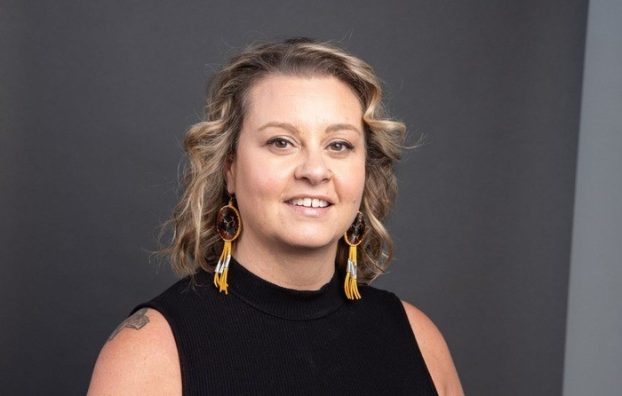
According to the latest report from the Canadian Health Food Association (CHFA), the non-alcoholic beverage trend is not only becoming more ingrained, it’s spurring a bunch of product innovations.
The CHFA notes that there has been an “explosion” of brands launching canned zero-proof RTDs, mirroring the growth of conventional canned RTDs. Some of these include Canadian craft cocktail Olé, as well as Ish Cocktails, Opus, Grüvi and DRNK.
In recent years, both challenger brands (such as the nonalcoholic wine Proxies) as well as beer and spirit multinationals (such as Heineken and Corona) have looked to accommodate healthier living trends. But the CHFA first took note of the uptick in interest in nonalcoholic beverages following its 2022 Toronto trade show, showing there was a lot of players expecting sustained interest in the category.
Innovations in the nonalcoholic space are informed by the “#sobercurious” movements. According to Statistics Canada, sales of alcohol slumped for first time in a decade this March, down 1.2%. Wine sales decreased by a figure of 4%, the largest decrease ever recorded.
Among CHFA’s other findings: getting a good sleep, rather than a good buzz, is being prioritized.
CHFA notes that the sleep-aid market is anticipated to cross $139 billion by 2028, with more consumers understanding the restorative, health benefits of a good night’s sleep. Now, brands are offering a more holistic approach to getting a better night’s sleep with natural aids, tinctures and pre-bedtime routines and rituals to better support the sleep cycle.
Another trend is tapping 90s nostalgia.
By leaning into consumers’ fond memories of the decade, brands like Chicago vegan marshmallow company Dandies and British plant-based chocolatier LoveRaw are forging strong emotional connections to stand out in a crowded marketplace, and often offer a healthier alternative.
Lastly, among the other trends the CHFA is taking note of is the heightened awareness of women’s health across ages. Women are using social platforms like Instagram and TikTok to open up conversations around women’s health.
Topics like menstrual cycles and menopause may have been taboo, but now, social media has empowered a community of women to share across life stages, and challengers like Toronto natural health product company Canprev and Vancouver hemp-based health player Canaherb are responding by creating women-specific products.























